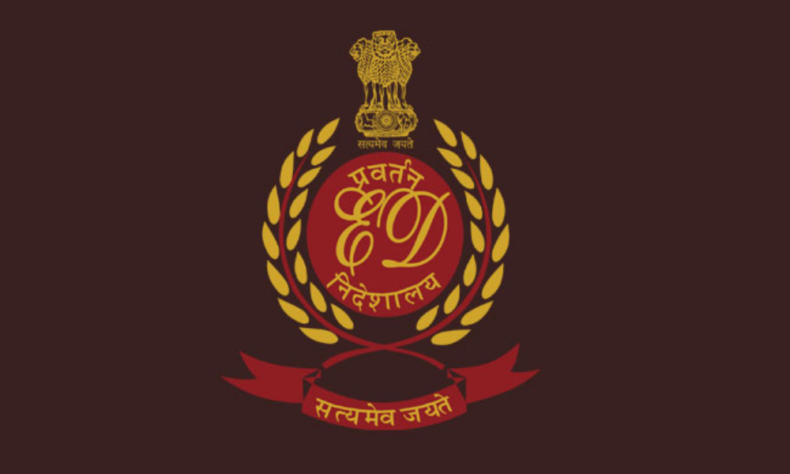The Supreme Court on Wednesday upheld the provisions to the Enforcement Directorate’s powers of arrest, attachment, search, and seizure.
o The Supreme court (SC)upheld the provisions to the Enforcement Directorate’s powers of arrest, attachment, search, and seizure on Wednesday.
o Congress says that the SC decision to uphold the provisions will have implications for India’s democracy.
The Supreme Court on Wednesday upheld provisions related to the Enforcement Directorate’s powers to arrest, attachment, search and seizure. The Congress feared the SC decision to uphold the constitutional validity of the provisions of the money laundering law, that it will have dangerous implications for India’s democracy, more specifically at a time when governments are rooted in “political vendetta”.
The Supreme Court upheld the provisions relating to the Enforcement Directorate’s power of arrest, attachment, search, and seizure. “The judgment announced by the Supreme Court on the powers of the Enforcement Directorate today will have severe implications for our democratic nation because often Governments are anchored in personal political vendetta,” All India Congress Committee’s general secretary in charge of communication Jairam Ramesh spoke in a statement.
“However, there is this one aspect of the judgment I would like to address immediately” he said “I had moved the Supreme Court on the misuse of the Money Bill by the Modi Government, and on the amendments made to the Prevention of Money Laundering Act, 2002. The SC had issued a notice on the previous petition on July 2nd, 2019. This question still remains unresolved in the current judgment,” he said.
He noted that the Court agrees that they are aware of the fact that if the grounds of challenge is to be accepted, they may go to the crux of the matter and enforce amendments effected vide Finance Act become unconstitutional or ineffectual. “The Court has left these matters to be decided by another bench. This is a matter of gratification,” he said.
The Supreme Court upheld EDs powers of inquiry, arrest, attachment of property today during the hearing of petitions contesting the constitutional validity of many provisions under the Prevention of Money Laundering Act. Under the stringent PMLA law, the power of arrest, granting of bail, seizure of property are outside the limit of the Code of Criminal Procedure (CrPC). Thus, the judgment is integral as it will address issues regarding the investigative powers, witness summoning, arrests and seizures made by the Enforcement Directorate (ED), as well as the process for bail under the PMLA law.
The Supreme Court said in its PLMA judgment that there is no need to formally register an Enforcement Case Information Report (ECIR), unlike filing of an FIR by the police in regards to cognizable offense under the ordinary law keeping in mind the manner of inquiry/investigation for proceeding against the property being proceeds of the crime under this Act by way of civil action which is attachment and confiscation.
“As long as the individual has been made aware of their grounds of arrest, it is sufficient compliance with the mandate of Article 22(1) of the Constitution,” the Supreme Court said. BJP chief J P Nadda reacted to the Supreme Court upholding the power of the Enforcement Directorate to detain those charged under the PMLA and said that the process for arrest is not arbitrary.
“The Supreme Court has passed its verdict and has upheld powers of the ED to arrest under the PMLA and everyone should respect it,” Nadda said. The Supreme Court also upheld strict bail conditions under the PMLA law. Two conditions for bail under PMLA were also upheld by the Supreme Court. In response, many argued that these conditions for grant of bail were very stringent.












